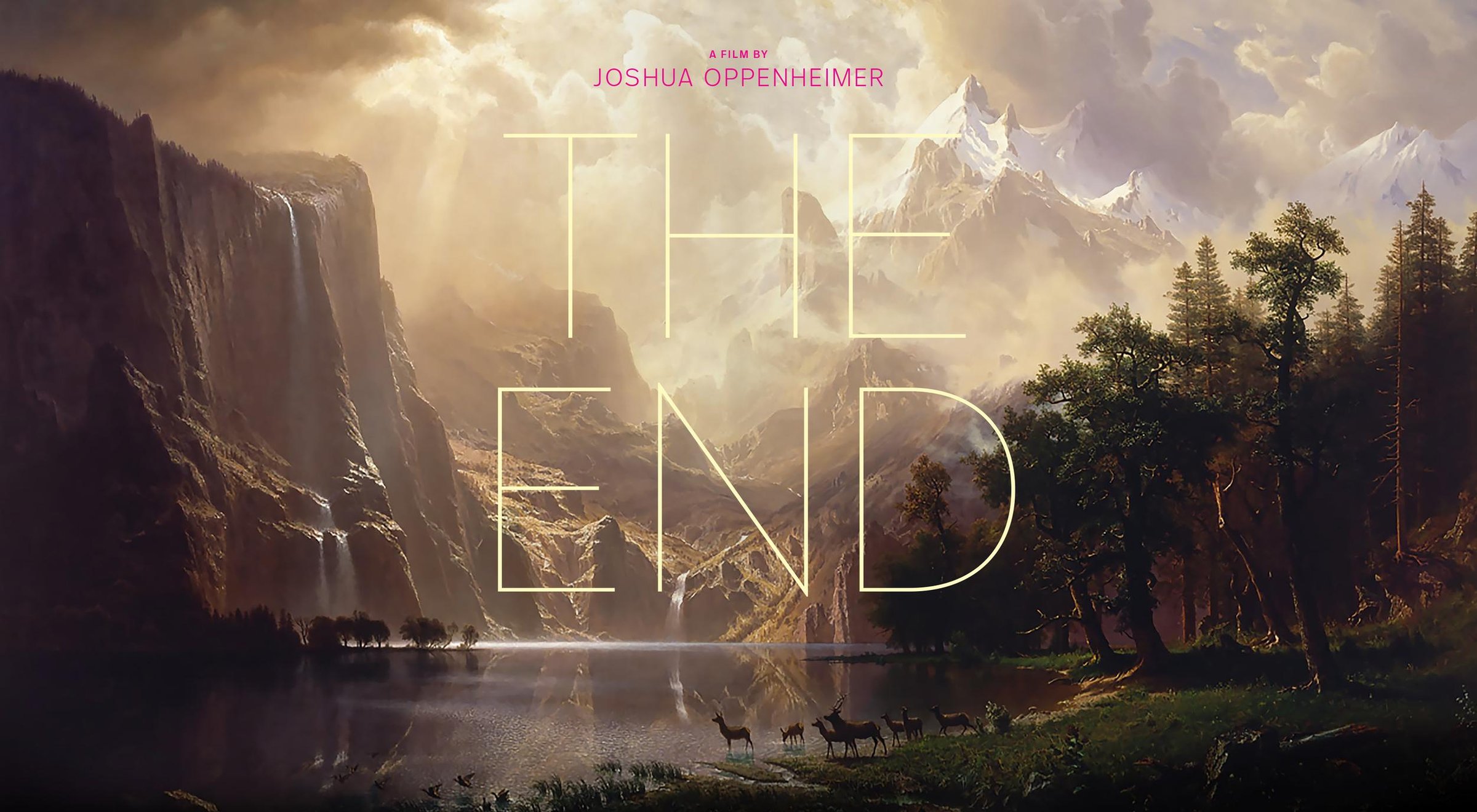
The End (2024) - Movie Review
- Sep 10, 2024
Joshua Oppenheimer, the creator of the ground-breaking documentary, "The Act of Killing," presents a novel narrative debut - "The End." The story is set in a surreal post-apocalyptic musical underground bunker, where elitists hoard precious artifacts and fine wines, preparing for a doomsday scenario they may have induced. This concept originated from a documentary Oppenheimer was developing about a dangerously affluent family.
"The End," with its prolonged duration and lack of mainstream conflict, does not conform to popular tastes. Oppenheimer skilfully explores themes of guilt and humanity's inclination towards disregarding the consequences of their actions, enticing the art-house spectators.
The story, crafted pre-pandemic, would benefit from added suspense but, the director deliberately avoids the traditionally thrilling aspects. The film is more than just a musical; it's a sophisticated drama peppered with original melancholic numbers. The narrative commences with a young man, unaware of the world before the lockdown, living in naïveté and indulging in imaginative daydreams of surfacing from the confines.
The protagonist, named simply "Son", was birthed in this doomsday shelter, deluded by his parents' skewed narration of their past and justifications about their role in creating the derelict world above. The underground inhabitants manage to hold onto fragments of culture, maintaining a routine that becomes indistinguishable as time goes by.

The question driving the story seizes upon the notion that the prevention of an apocalypse would have been superior to surviving it. The arrival of an outsider, referred to as "Girl", brings repressed emotions to the fore, epitomizing regret of past decisions.
The film brilliantly displays the lifeless remains of humanity, carrying on with pretenses in the face of despair. The reaction of the audience will undoubtedly be shaped by their personal pandemic experiences.
"The End," showing at the Telluride Film Festival, personifies artistic audacity, albeit at the expense of its accessibility. The film might not resonate with the masses, but its distinctive flavor should attract niche audiences searching for profound cinema.







